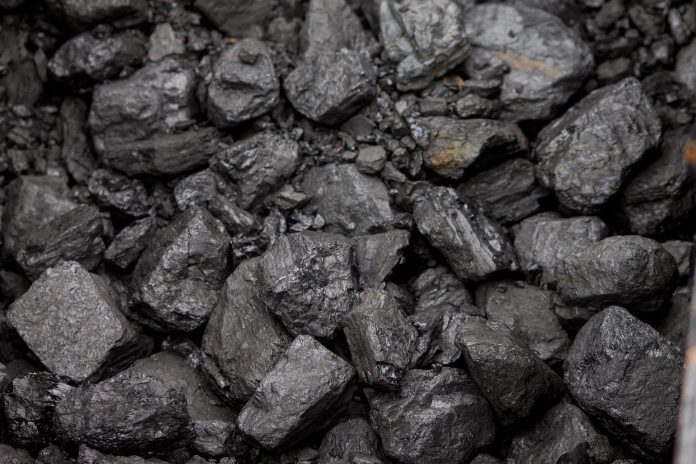By Anthony Hennen
(The Center Square) – Rare earth elements can be crucial for national security and economic production – and producing them may also provide an environmental boom in certain cases.
A House Republican Policy Committee hearing on Pennsylvania’s “Emerging Critical Mineral and Rare Earth Element Industry” focused on America’s reliance on foreign countries for producing and processing these elements for industrial use.
“The only way to break this foreign reliance is to build a robust, domestic supply chain,” said Sarma Pisupati, a professor of energy and mineral engineering at Penn State University.
Seventeen elements are considered rare earth elements, Pisupati noted, and are defined by their chemical behavior. Critical elements are defined by the U.S. Geological Survey and are considered important for economic development and the industrial demand for them. The Department of the Interior considers about 50 elements as critical.
Those elements matter because they are critical for industrial supply chains (such as for electric vehicles) and some national security uses. The global leader for those elements and critical minerals, however, is China.
“China has been the dominant supplier of REEs since 1988, providing 95% of the global REE market in 2011,” according to the National Energy Technology Laboratory.
That domination continues.
“The U.S. now imports 80% of its REE demand directly from China, with portions of the remainder indirectly sourced from China through other countries,” the NETL noted. “For 31 of the 35 CMs, the U.S. imports more than half of its annual consumption. The U.S. has no domestic production for 14 CMs and is completely dependent on imports to supply its demand.”
Pennsylvania has an opportunity to lessen that reliance, however, while cleaning up some waterways: recovering critical elements from abandoned mine drainage.
“We need to explore secondary resources, including industry byproducts such as coal mining waste from abandoned coal mines, refuse piles, fly ash from coal-burning power plants,” Pisupati said. “Pennsylvania is rich in these resources. Locked inside this waste are significant quantities of rare earth elements and other critical minerals.”
“By modifying the existing treatment processes, we can address multiple problems, getting the material we need for national security and remediating long-standing environmental problems at the same time,” Pisupati said. “If we do it right, we can create jobs and an economic boost for the communities coal has left behind.”
Pisupati highlighted cobalt, manganese, and lithium as recoverable in Pennsylvania.
The economic and environmental benefits intrigued state representatives.
“To me, it would be a win-win to be able to take this pollution that’s basically ruined all of these clean-water streams, all of these trout streams, and to be able to take that horrible mess that was created and transform it into an economic opportunity as well as an environmental clean-up effort,” said Rep. Jim Struzzi, R-Indiana.
While federal pilot programs have had promising results for recovering rare earth elements and critical minerals from waste, so far no large-scale facilities have been created.
Issues on the industrial level that could cause problems are ownership issues, how to deal with the waste produced after retrieving the elements, and the financial risk of investing in new technologies.
“It sounds like we need to use some regulatory common sense here,” said Rep. Torren Ecker, R-Abbottstown. “The technology would actually clean up some of these areas, and if a company has the interest in doing that, it sounds like a win-win to me.”
Anthony Hennen is a reporter for The Center Square. Previously, he worked for Philadelphia Weekly and the James G. Martin Center for Academic Renewal. He is managing editor of Expatalachians, a journalism project focused on the Appalachian region.
Originally published by The Center Square. Republished with permission.
For more on rare earth minerals, click here.
For more on the Biden Administration’s approach to critical minerals, click here.


























